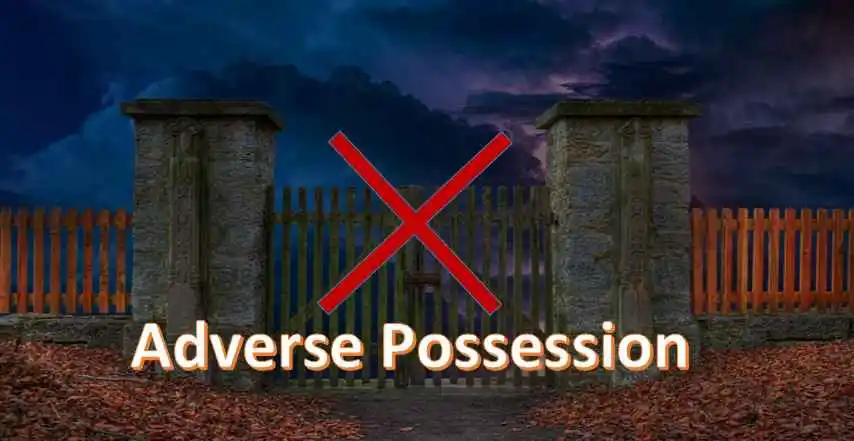The Law Commission of India recenly recommended against enlarging the period of limitation provided under Articles 64, 65, 111, or 112 of the Limitation Act, 1963, which encapsulates the law on adverse possession.
About Adverse Possession:
- It is a legal concept that allows a person who has unlawfully occupied someone else’s land for a certain period of time to claim legal ownership of that land.
- The claimant, or disseisor, must demonstrate that several criteria have been met before the court will allow their claim.
- In India, adverse possession has been a part of the legal framework for a long time and is rooted in the idea that land must not be left vacant and instead be put to judicious use.
- To claim adverse possession, the occupier must prove that they have been in continuous, uninterrupted possession of the land for at least 12 years and that their possession was open, notorious, and hostile to the true owner.
- The law of Adverse Possession in India is governed by the principle of The Limitation Law of 1963.
- As per adverse possession under limitation act, if over a due course of time or period, if an appeal is not made to revise any limitation, the current scenario of titles continues.
- According to the Indian legal system, if a property owner fails to make a claim towards their property for 12 years, and the same tenant continues to occupy the property for 12 years, the ownership rights to the property is transferred to the tenant.




